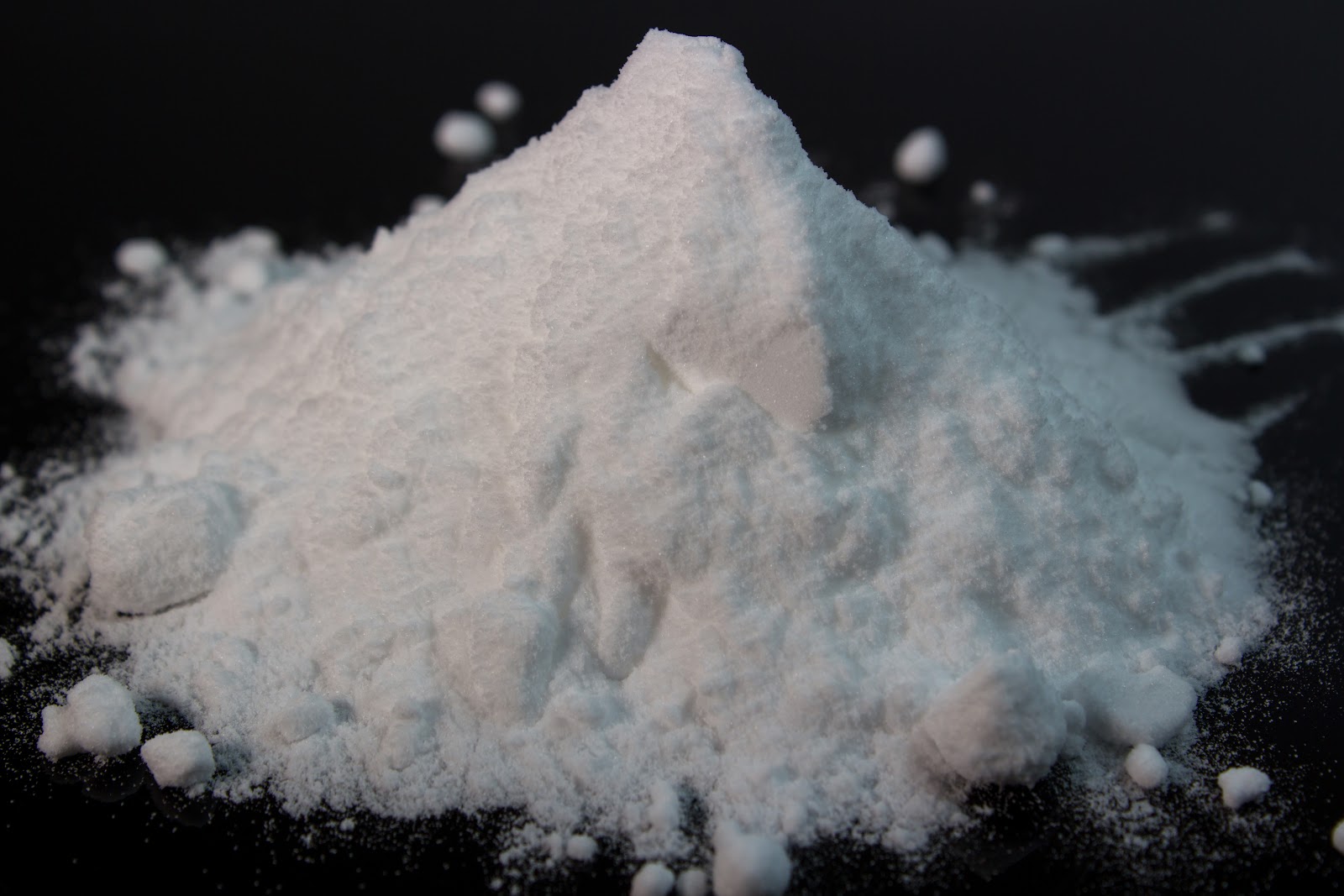
Once you know what the culprit is, it’s very easy to fix
Unsubscribe | Report as spam | Change email preferences
—-Important Message for Men Who’ve Had Poor Rockiness for 6 Months or More—-
Ask yourself these questions:
Has it been weeks, months, or years since you woke up with morning wood?
Do you rarely or never get good rockiness?
Do you have a bend or hard lump in your member?
Have your load sizes gotten smaller?
Do you experience any pain during sex or during arousal?
If you answered yes to any of these questions, you may be suffering from penile fibrosis!
It’s quite common, and easy to reverse, but most men don’t know about it.
Doctors don’t know about it either!
———-
Can novocaine stop cancer growth?
Matt Cook here, and Novocaine is the trade name given to the treatment Procaine, which is used as a local anesthetic.
It’s most commonly used in dental procedures to numb the area around the tooth.
If you’ve been to a dentist then you have probably had novocaine or one of its close relatives.
These types of anesthetic treatments are still under study for their various different effects, even decades or 100 years after their first invention.
They have wide-ranging anti-inflammatory effects – and a number of studies have even shown anti-cancer effects.
It’s interesting because the basis for all of these synthetic anesthetics is cocaine…
…and there were numerous papers claiming anti-cancer effects of cocaine published about a hundred years ago.
The cell and animal experiments were performed at HENAN University of Science and Technology in China. This paper was published in the European Review for Medical and Pharmacological Sciences.
The authors of this study were cancer researchers looking into non-small cell lung cancer.
“Non-small cell lung cancer is the most common type of human lung cancer leading cause of cancer death worldwide.”
There are only a couple of first-line approved treatments for this type of cancer, and they are both problematic.
“However, first-line ‘treatments’ such as gefitinib and erlotinib showed great ‘chemical’ resistance in the clinical setting.”
The researchers decided to carry out some experiments with novocaine.
This is because there were numerous previous reports that similar substances may have had an anti-cancer effect.
The experiments showed that the dental anesthetic significantly slowed the growth of tumors which had been transplanted into rodents.
“Our results showed that in mouse models of lung cancer by xenograft, the local anesthetic ‘treatment’ novocaine specifically attenuated tumors compared with the vehicle-treated group.”
The treatment also slowed the growth of cancer cells from 2 different lines of human non-small cell lung cancers in cell experiments.
“In vitro, novocaine suppressed both two human lung cancer cell lines proliferation in a lower dose.”
The researchers also found that a marker for cancer called PCNA was decreased in animals given novocaine.
“The cell proliferation marker PCNA was also downregulated after novocaine treatment in vivo.”
The researchers looked at the effect on epidermal growth factor receptors (EGFR).
Researchers believe that decreasing EGFR can help to fight cancer and Alzheimer’s.
Novocaine reduced this cancer target in 1 of the 2 types of human lung cancer cells tested.
“Novocaine inhibited the key lung cancer target EGFR selectively in the one cancer cell type cells, implying a specific signaling by novocaine in the cell type.”
The research indicates that this common dental anesthetic has potentially numerous anti-cancer effects.
“Taken together, our data indicate that novocaine treatment leads to suppression of tumor growth and proliferation in A549 and NCI-H1975, and there is an EGFR transcription pathway by novocaine in A549 cells.”
Novocaine and similar synthetic anesthetics have also been shown to be potent anti-inflammatory substances.
Excess inflammation is, of course, linked to an increased risk of cancer.
There are even some older studies where doctors and researchers reported that cocaine displayed anti-cancer properties.
There are many papers on the topical use of cocaine in cancer treatments going back a very long time.
The above image is taken from a paper called The Treatment of Cancer with Cocaine published in the British Medical Journal in 1909.
Now, I’m not saying that you should use cocaine in the treatment of cancer.
But many of these interesting modern anesthetics were created using the chemical structure of cocaine as the basis.
We may well find that these substances are far more useful than most people believe.
—-Important Message—-
Mix this up in your kitchen and stay cancer free?
I’ve discovered the most remarkable white powder with stunning health benefits…
You just mix it up with some water and it goes to work…
It stimulates the mitochondria to create more energy.
It oxygenates the cells to heal and strengthen them.
And it even helps protect against and fight off cancer.
Best of all, it costs less than $1 for a whole pound.
———-






